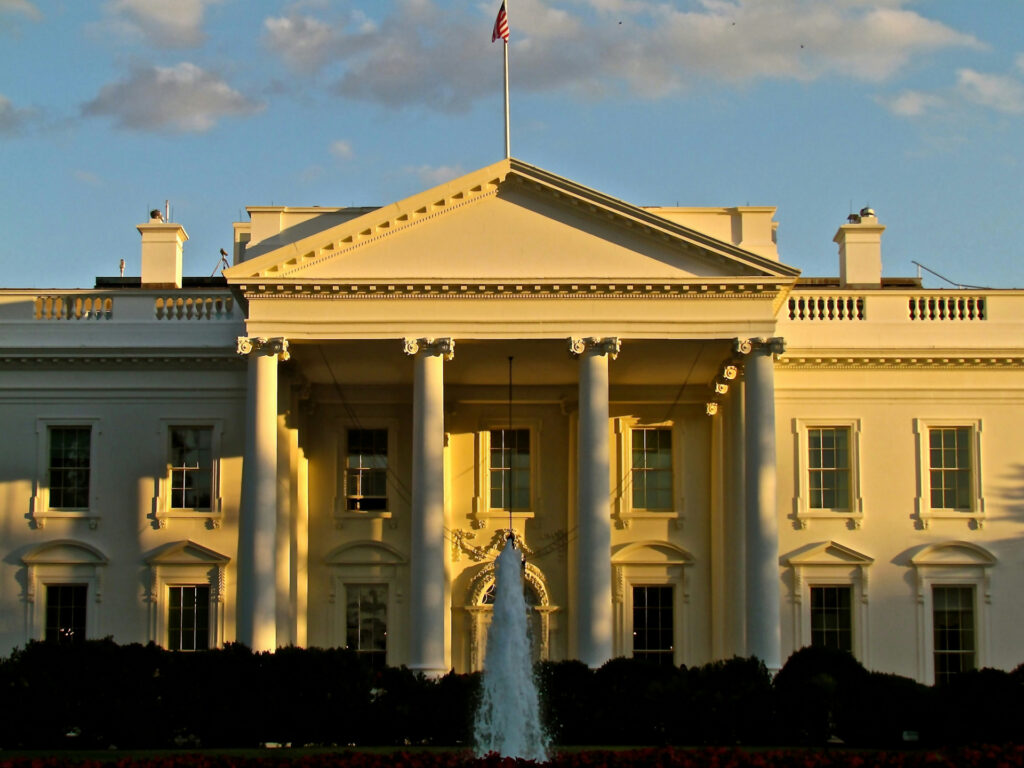
We are reader-supported. When you buy through links on our site, we may earn an affiliate commission.
Sometimes, life keeps piling things on top of you, and before you know it, you’re struggling to keep your head above water. When you own one or multiple properties, having issues with your finances is the worst because it impacts you and any potential tenants living in your rental properties. You may find that appliances break or certain features of these houses falter. While it’s never good to put off repairs, sometimes it’s your only option, lest you risk falling in the hole with your finances. Deferred maintenance isn’t necessarily a good thing, but it isn’t the worst tactic to employ, either. As long as you’re planning to get to the issue and it doesn’t pose an immediate threat to anyone’s health or safety, you may be able to add it to your backlog instead of dealing with the issue immediately.
What Is Deferred Maintenance?
Deferred maintenance is when an individual puts off something that needs to be fixed or checked on. The most common reason people choose not to repair or maintain some aspect of their buildings is to save costs due to a lack of funds.
If you defer maintenance, you would add every maintenance request into a backlog that will be addressed whenever your funds have recovered. That backlog would need to be sorted by order of importance. For example, you would choose something more pressing or more of a threat to someone’s safety over one burner not working on an otherwise functioning stove.
You shouldn’t find yourself aspiring to use deferred maintenance as a tactic. However, it’s a tool to keep in the back of your mind for when times and finances are tight. Regardless, you should aim to keep your backlog of issues short so you have less to address in the future.
Pros and Cons of Deferred Maintenance
Deferred maintenance can be handy, but it doesn’t come without its risks. You should always aim to keep up with your care. On the other hand, deferring it isn’t a bad idea if you have no other options. As with most things, there are benefits and drawbacks to delaying something that needs maintenance in your house.
Pro: Opportunity to Create a Preventive Maintenance Plan
You can use this time with a lower cash flow to create a preventive maintenance plan. Use this time to think about what you need to do to never fall into this hole again. By doing so, you can implement it once everything is taken care of.
Relying on preventive maintenance can help you catch any issues before they become something huge. You can even extend the life of some appliances or features of a house by doing routine preventive maintenance. Creating a preventive maintenance plan will prove to be a valuable asset in the future.
Con: Asset Deterioration
If left untouched, problems may spiral beyond your control. As a result, they might take more time and money to fix than before. You’ll also find that your things have less value if you let them waste and deteriorate over time. Whatever problem you encountered might end up entirely unfixable. This could ruin your investment because of the wear and tear that happens over time as things are left alone.
Pro: Save Costs in the Short Term
Perhaps you’re readjusting your budget and don’t have the money to spare right now. Saving non-immediate maintenance for later can save you money in the short term. That is, as long as you make sure to go back to fix the issue as soon as you can.
Con: Higher Costs in the Long Term
Ignoring regular proactive maintenance may cost 10 times more than keeping up with your property care. What may have been a minor problem could escalate to a major issue. If you’re going to defer maintenance, you need to ensure you have a plan to remedy any issues you find, even if they’re not actively hurting anyone or your house.
Pro: Get an Idea of Future Expenses
Keeping track of things that need your attention can help you figure out which fees you need to address in the future. You might choose to put something off until the beginning of the month, and that way, you can influence when you next need to check on it.
By planning your future routine maintenance this way, you can schedule these checkups so you won’t feel swamped by expenses. It’s like a reset of your monthly finances, in a way.
Con: Safety Hazards
The longer you leave something detrimental untreated, the more likely it is someone will get injured because of your negligence or decision to put something off. Whether it’s a family member or a tenant, you should prioritize their safety. Your decision to defer maintenance could hurt someone or cost them their health.
When to Use Deferred Maintenance
Everything has its time, and sometimes, deferred maintenance is unavoidable. You might need to take a month to catch up on your funds or delay repairing something for some other reason. Whatever the case, you may find that relying on deferred maintenance can be more helpful than some other method of juggling your maintenance needs and dwindling financial resources.
1. While Adjusting Your Budget
If you’re busy being productive and planning to maximize your income for future repairs, it might be okay to give one month’s maintenance a pass. You might have to pass up on a couple of maintenance requests that are sent your way by tenants, but as long as no one is in danger and you’re working on remedying the lack of money, you’ll be able to make it up in the future.
2. When Strengthening Your Team
As long as an issue is not pressing or risking anyone’s health, you may choose to defer maintenance to educate your team or allow them to get certified in other things to prepare them for repairs and routine maintenance in the future. If you’re prioritizing your team’s learning over a small issue, then you’re preparing them for more projects they might tackle in the future.
3. When Acquiring Resources
If you think you won’t be able to cover everything without invoking exorbitant or unnecessary expenses, you might find it beneficial to put off maintenance on something small for a bit in order to get those resources in line first. Once you have the right materials, you can get to work on your backlog of maintenance requests.
4. While Conducting an Audit
To get a clearer picture of what needs maintenance in your personal property or in your rental properties, you may need to put maintenance at the back of your mind for a bit. Once you finish auditing everything that needs to be done and prioritizing your list of the most pressing or dangerous issues, then you can begin working on it again.
5. When Prioritizing a Larger Issue
A small issue may come up while you’re planning to deal with a more significant problem. In this case, you may choose to defer maintenance on the smaller issue, even though it is the most recent, to take care of the larger issue that’s posing a threat to someone’s health or safety.
The smaller issue can be added to your backlog, and you can tackle it when you have the time and resources again.
Deferred Maintenance Should Be a Last Resort
You want to be happy, as do your tenants. Deferring maintenance on an issue, no matter how small it may appear, might lead to something worse happening. But if you have a reason for putting off maintenance, then you might be able to skirt by without any lasting damage to your property or relationships.
Make sure to use deferred maintenance only as a last resort so you can remain a reliable and trustworthy property owner.







